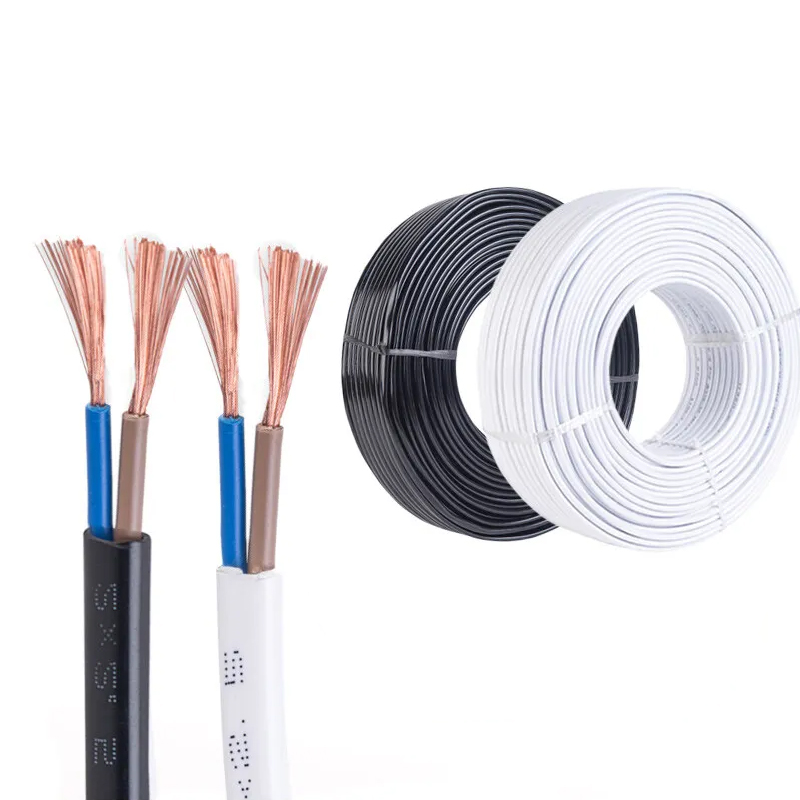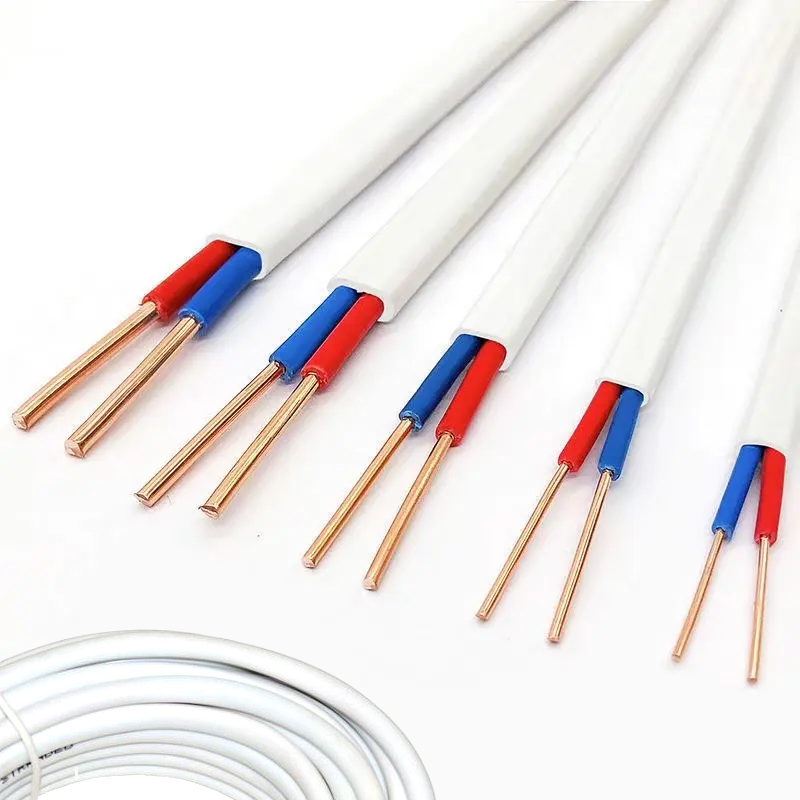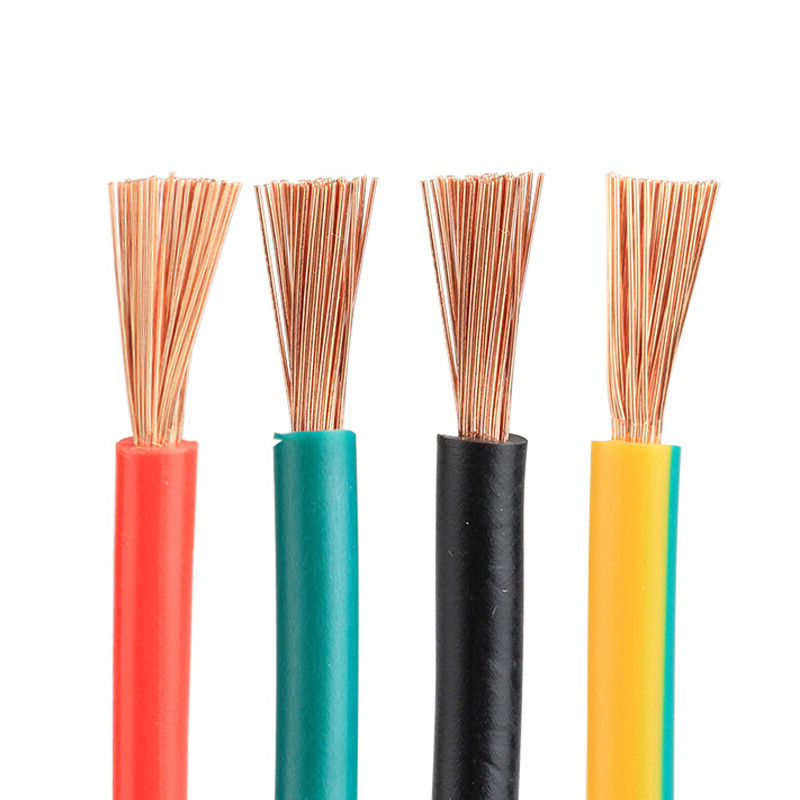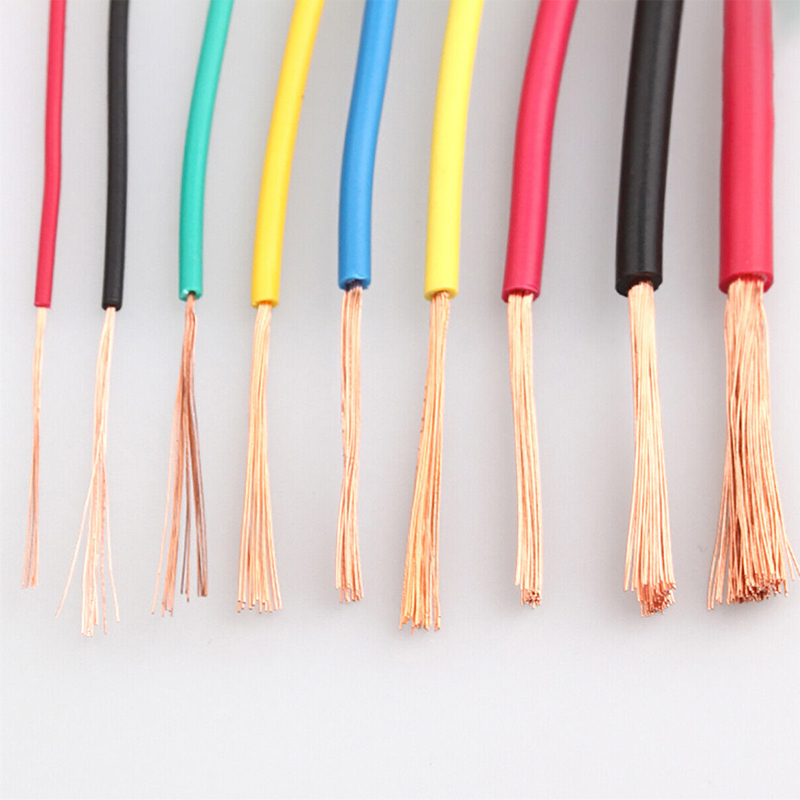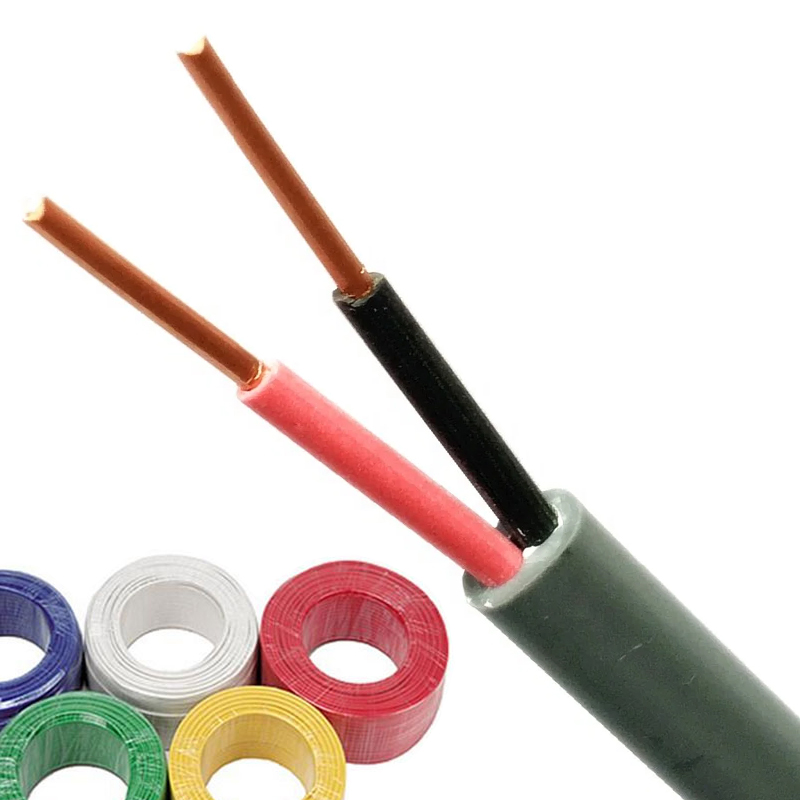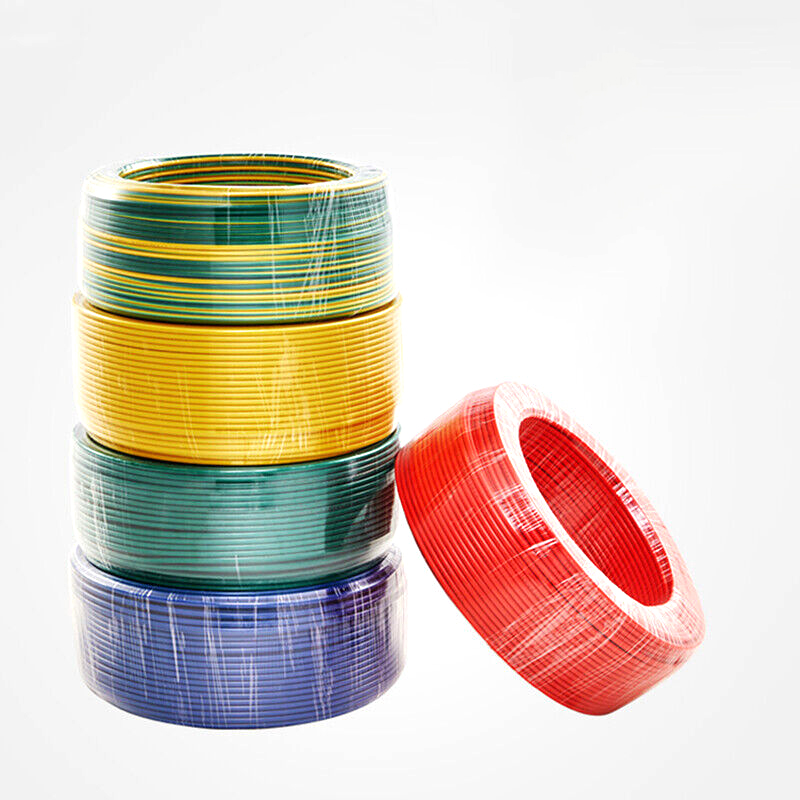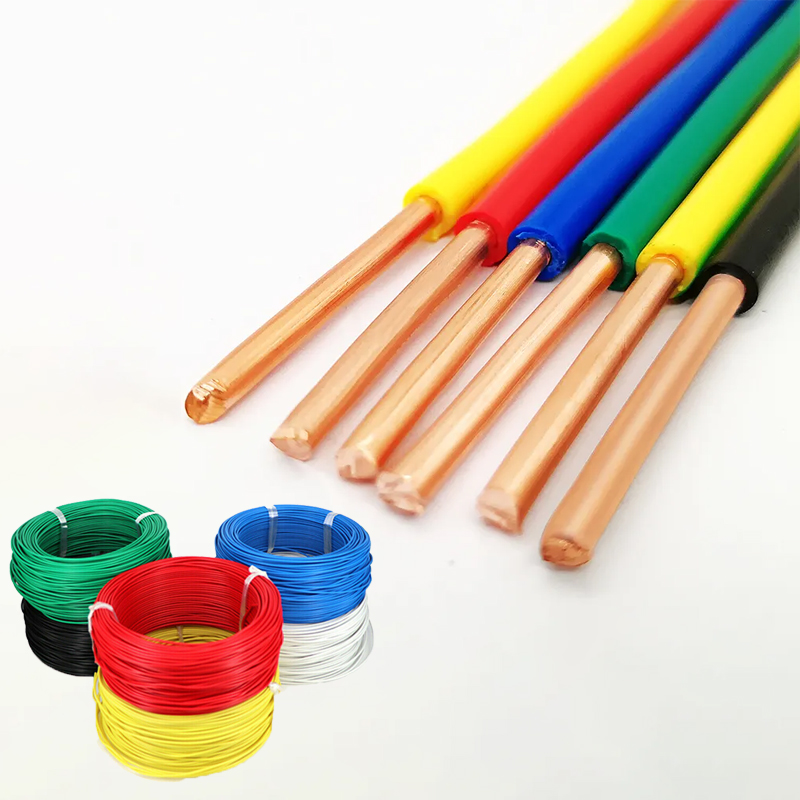ΣΥΡΜΑ ΚΤΙΡΙΟΥ
What Is Building Wire Made Of?
Building wire, commonly used for electrical wiring in residential, commercial, and industrial buildings, is typically made of copper or aluminum conductors. The conductors are insulated with materials such as PVC (polyvinyl chloride), XLPE (cross-linked polyethylene), or other suitable insulating materials to provide electrical insulation and protection. The insulation is then covered with a jacket or sheath, which may be made of PVC, nylon, or other thermoplastic or thermosetting materials to provide additional mechanical protection and resistance to environmental factors.
The choice of materials for building wire is based on factors such as electrical conductivity, mechanical strength, resistance to heat and moisture, and compliance with safety and building code regulations. Copper is a popular choice for building wire due to its excellent electrical conductivity and corrosion resistance, while aluminum is often used for larger power distribution applications due to its lighter weight and cost-effectiveness. The insulation and jacketing materials are selected to ensure the wire's safety, durability, and compliance with industry standards and regulations.
Where Is Building Wire Used?
Building wire is used for a wide range of electrical wiring applications within residential, commercial, and industrial buildings. Some common uses of building wire include:
1. Electrical Wiring: Building wire is used to connect electrical outlets, switches, lighting fixtures, and appliances to the main electrical supply within homes, offices, and industrial facilities.
2. Power Distribution: It is used for power distribution within buildings, including the wiring of circuit breakers, distribution panels, and other electrical components to ensure the safe and reliable distribution of electricity.
3. Construction Projects: Building wire is essential for new construction, renovations, and building expansions, providing the electrical infrastructure necessary for lighting, heating, cooling, and various electrical systems.
4. Industrial Machinery: In industrial settings, building wire is used to power and connect machinery, equipment, and control systems, supporting the electrical needs of manufacturing and production facilities.
5. Data and Communication: Building wire may also be used for low-voltage applications, such as structured cabling for data networks, telecommunication systems, and security and surveillance installations within buildings.






